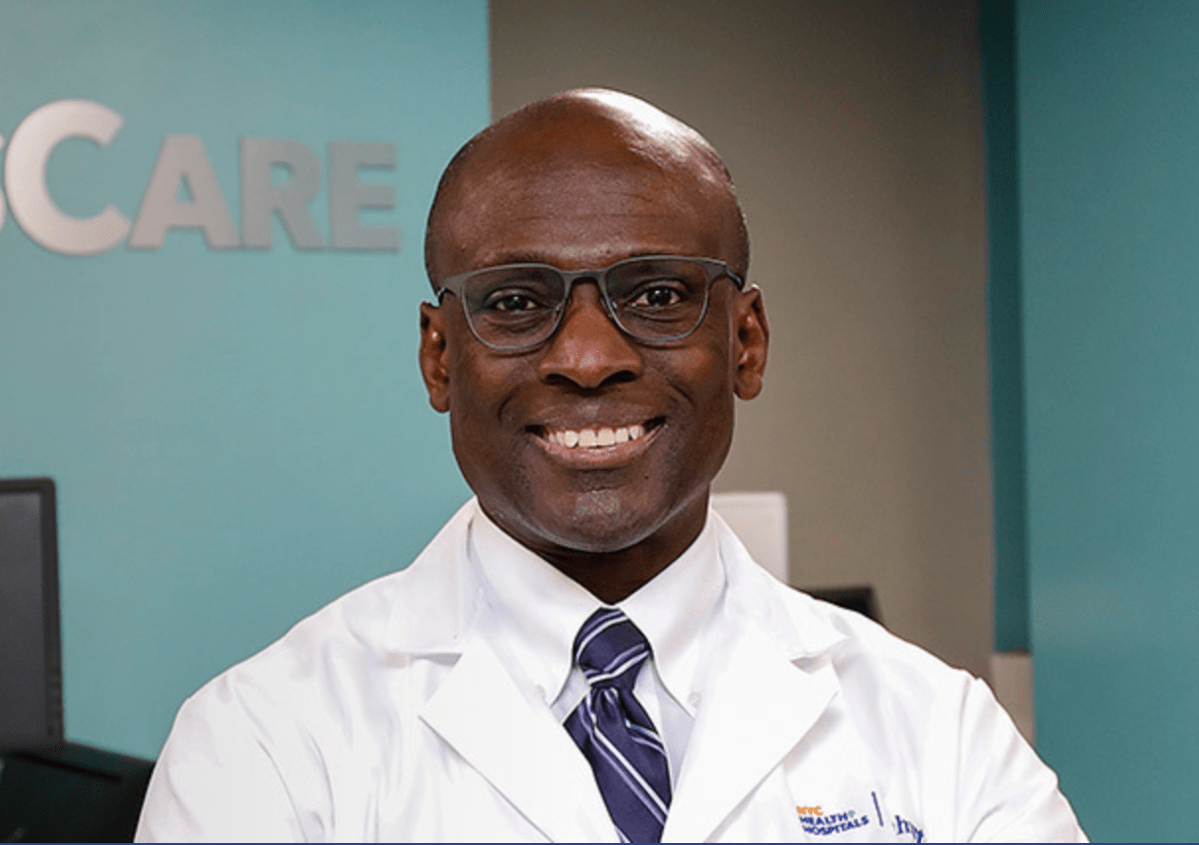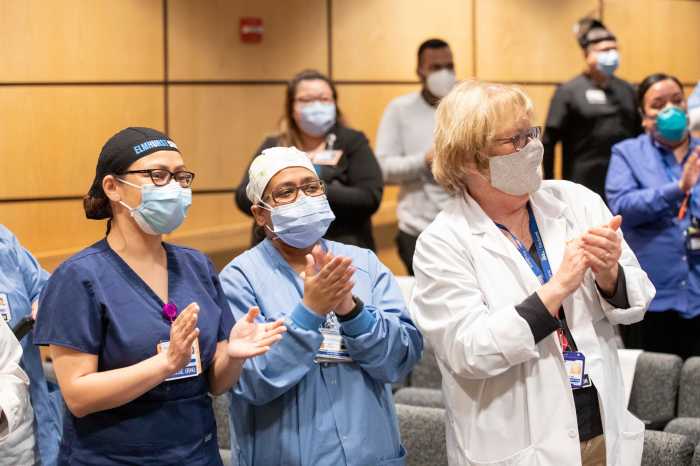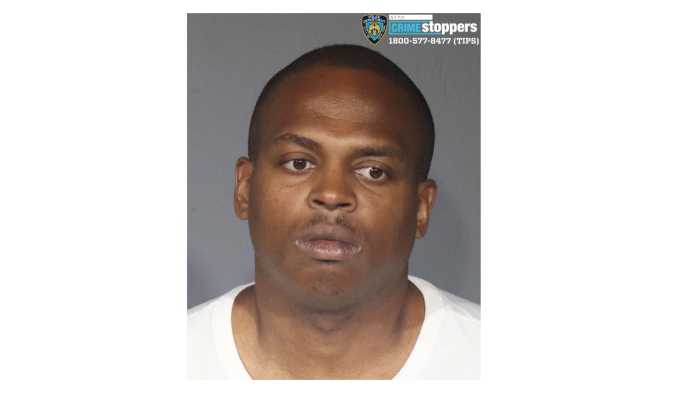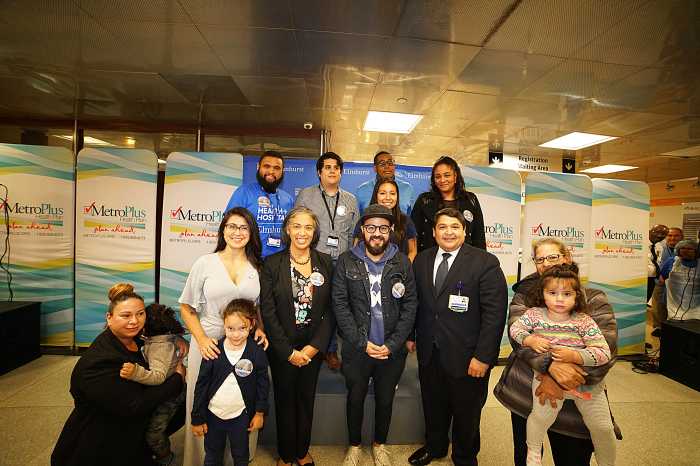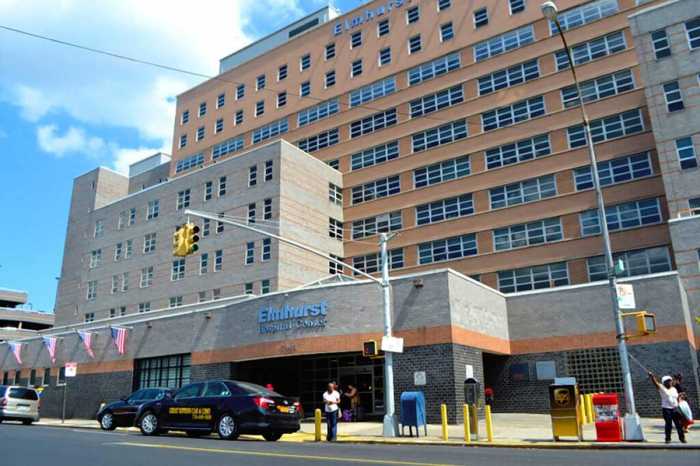During Black History Month, Dr. Phillip Fairweather, the associate director of Emergency Medicine at NYC Health+Hospitals/ Elmhurst, is raising awareness about the COVID-19 vaccination and how it can benefit the African American community that has been disproportionately impacted by the virus.
On Feb. 18, Fairweather will be joined by three medical experts for an informative virtual dialogue on the myths and facts about the Pfizer and Moderna vaccines, and why it’s important for the Black community to get involved.
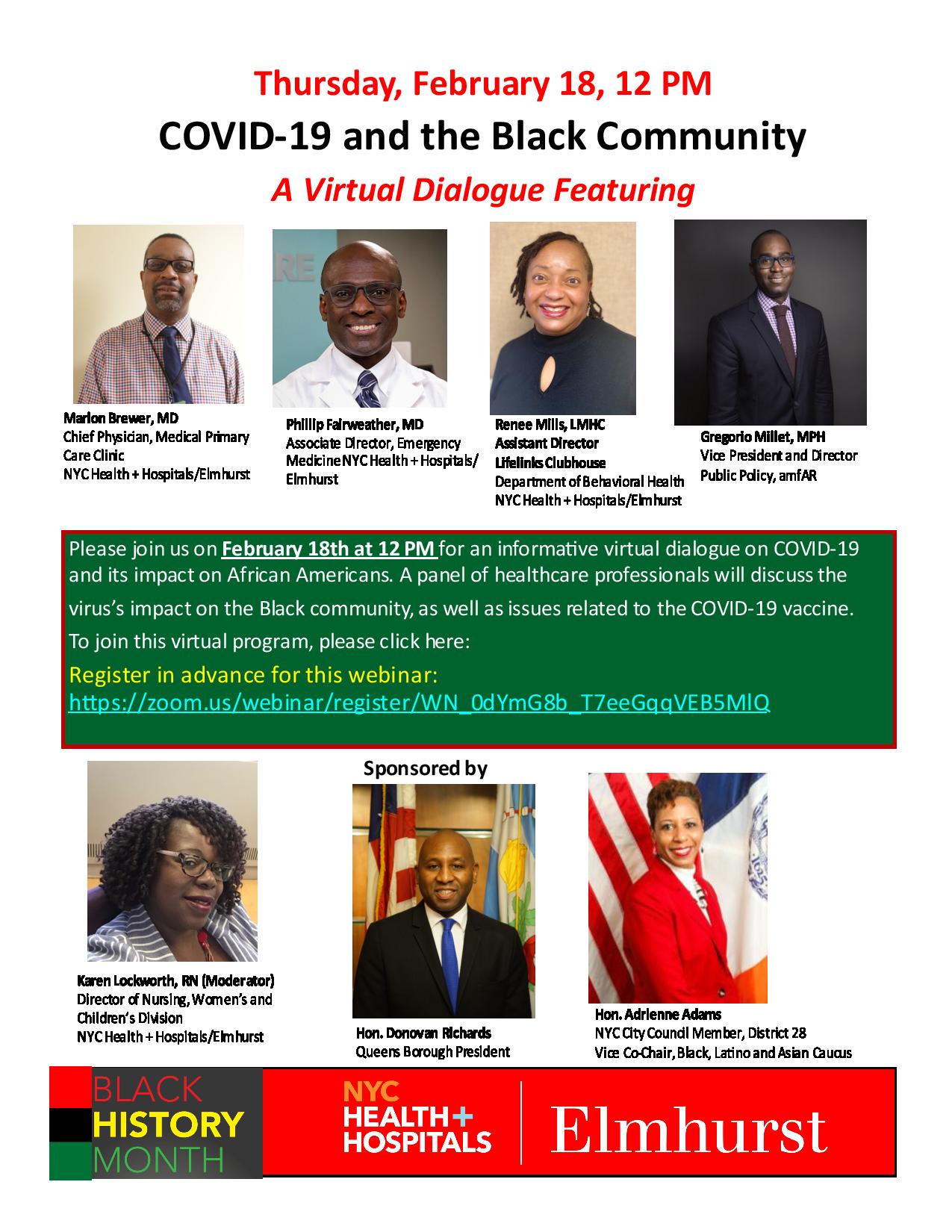
“It’s an essential element of our being able to get through this pandemic. It is really our best hope at the moment to stop the surge and prevent more deaths and illness,” Fairweather said. “The vaccinations are an opportunity that a lot of people in our community have not really taken great advantage of.”
There are several myths that have been circulating on social media about the Pfizer and Moderna mRNA vaccines, according to Fairweather, which is a new type of vaccine to protect against infectious diseases. One of those myths is that if a person gets the shot, they will contract the coronavirus, which is false, Fairweather said. Another common myth falsely claims that the mRNA vaccines against the virus can change a person’s DNA.
There’s even more concern about the past mistreatment of Black males during the Tuskegee experiment, an observational study conducted in Tuskegee, Alabama, between 1932 and 1972. The U.S. Public Health Service ran this study on more than 300 people without notifying the participants about their disease nor treating them even after the introduction of penicillin.
Fairweather also noted past experiences that may have happened to a family member or specific events related to healthcare that may result in the community to be skeptical about the vaccines.
“I know there’s a great deal of hesitancy to think that we might be exposing ourselves or putting ourselves at risk again in that context,” Fairweather said. “I wish I could talk to everyone one on one, but in more efficient ways, doing it through the media I hope will help them understand what is true and false and that this vaccine is effective.”
In order to build trust in the community, Fairweather hopes that Black leaders and Black medical professionals will continue to disseminate information via social media and TV to encourage vaccine acceptance.
“We have far less access to healthcare and are hospitalized more often when we get sick and there’s a high death rate,” said Fairweather, who works in the emergency department and has seen the consequences of inadequate healthcare. “We would stand to benefit hugely by being in front of the line when our turn comes to be vaccinated.”
Having done his own research about the vaccines, Fairweather said he didn’t hesitate to get both doses of the Pfizer vaccine that were first distributed to frontline workers.
“I was lucky I didn’t have any side effects, and there are mild side effects such as low fever and body aches,” Fairweather said. “But it’s really important for people to understand that those side effects are predictable, and that it’s not literally more than a day or two.”
While the past year has been traumatizing for Fairweather, especially in March, going through the first surge of COVID and witnessing the unbelievably destructive disease that caused so many deaths and suffering, he says he’s blessed and fortunate.
“My colleagues and I have become so much closer because we shared this horrible experience. It was hard to believe that there was a light at the end of the tunnel to beat this virus,” Fairweather said.
Fairweather, who has worked at Elmhurst Hospital for 25 years, said he is very honored to be a part of a family of healthcare professionals that bring their best to work every day.
“What we witnessed a year ago is a life-changing experience,” Fairweather said. “I wouldn’t want this to ever happen again. The hospital has made an effort to provide care to every single person, and we’ll continue to do that. This hospital has done a tremendous job of taking care of patients and providing resources.”

